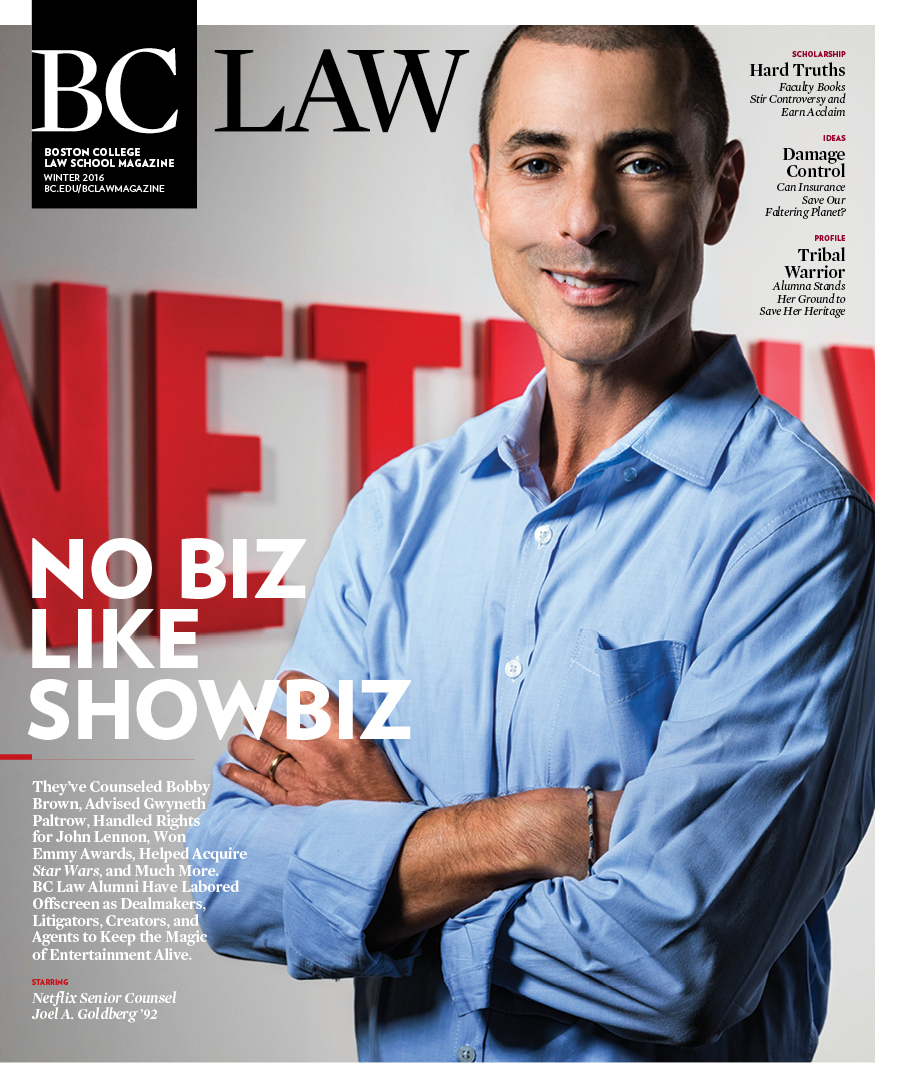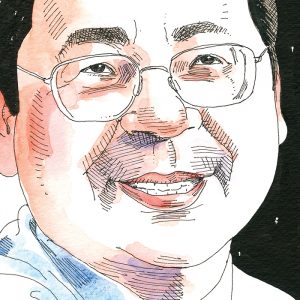Full Circle: Professor Joan Blum last summer conducted a two-day training program in Sarajevo, Bosnia-Herzegovina, on drafting indictments. She did so on behalf of the US Department of Justice and as part of her ongoing commitment to improving best practices of the region’s judiciary. Blum followed that with “Enriching LRW Faculty Experience Through Global Engagement,” a talk informed by her teaching abroad, presented at the New England Consortium of Legal Writing Professors Conference at Suffolk University.
The Good Earth: For his thirty years of achievements protecting the environment, Professor Zygmunt J. B. Plater received the Boston Ethical Community’s Humanist of the Year Award in 2015. He was applauded for defending the endangered snail darter before the US Supreme Court, chairing an Alaskan task force after the wreck of the M/V Exxon-Valdez, and consulting on the BP Deepwater Horizon oil spill and on the toxic waste case that was the subject of the book and movie A Civil Action.
A Bigger World: During his term as associate dean, Professor Frank Garcia increased the visibility of BC Law’s global initiatives. Building on his legacy, Professor Patricia McCoy has taken on new responsibilities that include the faculty directorship of the LLM program, a position resembling one she held at the University of Connecticut, and Susan Simone Kang has been promoted to director of Graduate Legal Education and International Programs.
Promise or Peril?: Professor David Wirth delivered a presentation on international governance in October to a National Academy of Sciences panel investigating gene drives, a kind of turbocharged gene splicing technique that could, for instance, eliminate malarial mosquitoes. Wirth concluded that, with some modest exceptions, there are no multilateral mechanisms to prevent potential adverse effects from field trials of the new technology, which almost inevitably would have consequences outside the country from which gene drive-containing organisms were released.



